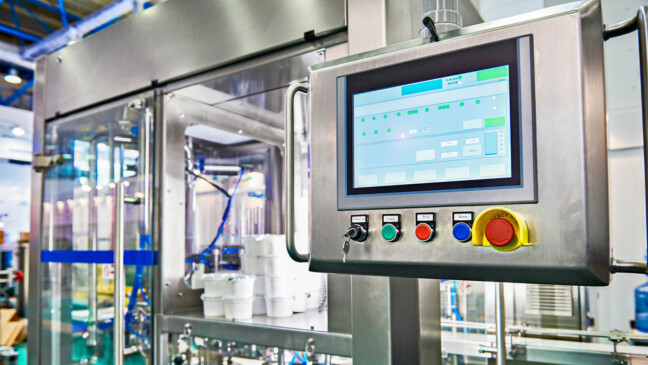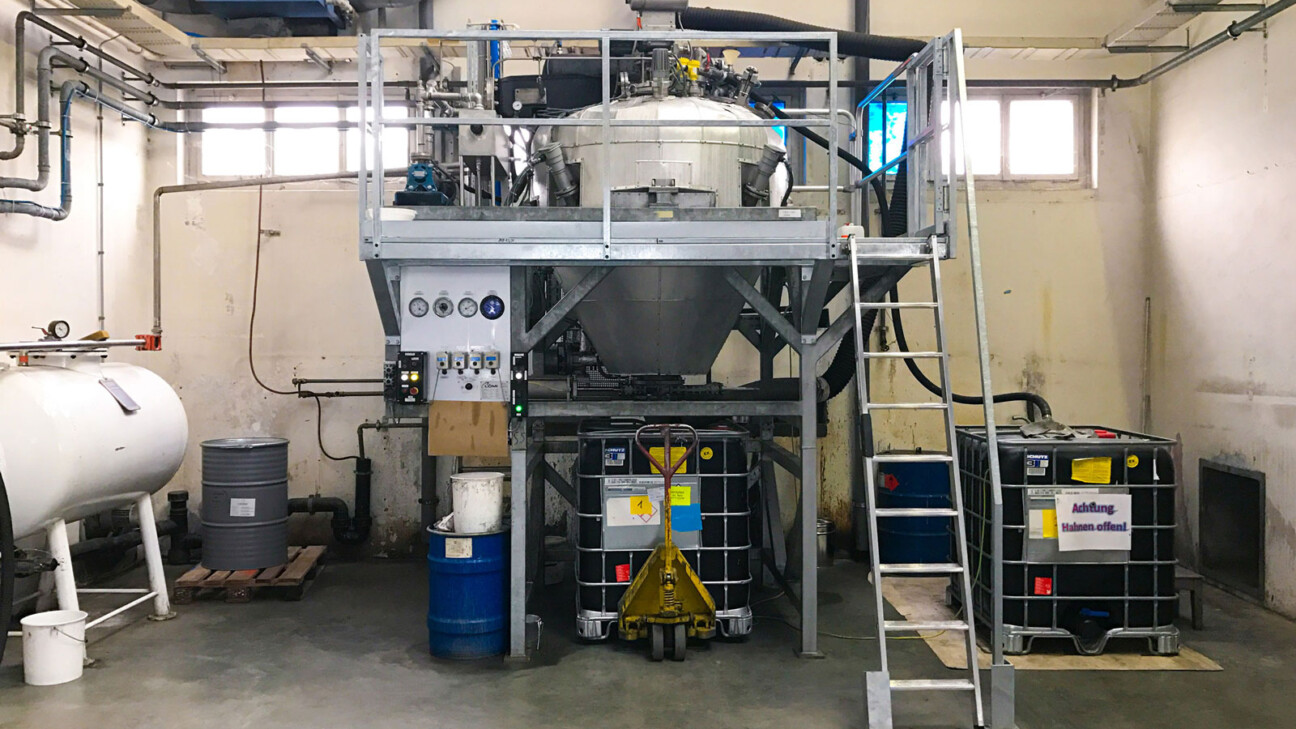
26.04.23
Recycling of solvent
Solvent recycling is a process in which usable, already used solvents are separated from impurities and prepared for reuse.

A distinction is made between two types of distillation:
- Distillation of the contaminated solvent under vacuum
- Fractionation
Distillation under vacuum
In atmospheric distillation, the solvents are heated to your ideal boiling point. It is important to note that the residues must be analyzed in the same way to determine at what temperatures any residues boil. This way, you can avoid co-distilling residues with a temperature that is too high. Most common solvents boil from 45 – about 145 degrees Celsius.
By switching on a vacuum pump, the boiling point is reduced by approx. 10 degrees and distillation can thus be carried out more efficiently. This process can achieve a yield of between 55% and 72%, depending on the degree of contamination.
Recovered solvents are then mixed with virgin material to give you the right composition for the intended use. However, analytical equipment is needed to determine this.
Fractionation recovery
Fractionation is a type of distillation under vacuum in which solvents can be separated back into their original substance according to their boiling points by laying out the distillation chamber with disposable membranes. In this way, solvents (e.g. acetone, toluene, xylene) and gasoline cuts can be separated again as such raw materials.
VOC (Volatile Organic Compounds) liberated solvents such as methylal or dioxolane are difficult to separate because the boiling point for these agents is above 195 degrees and therefore separation from the slurry is not cleanly solved and one cannot recover a clean, reusable solvent.
The distillation process requires a larger fractionation tower to accommodate the various boiling stages (see picture – Distillation Plant). In addition, such a fractionation tower requires large quantities (e.g. from 25,000 liters) so that it can be started up at all.

